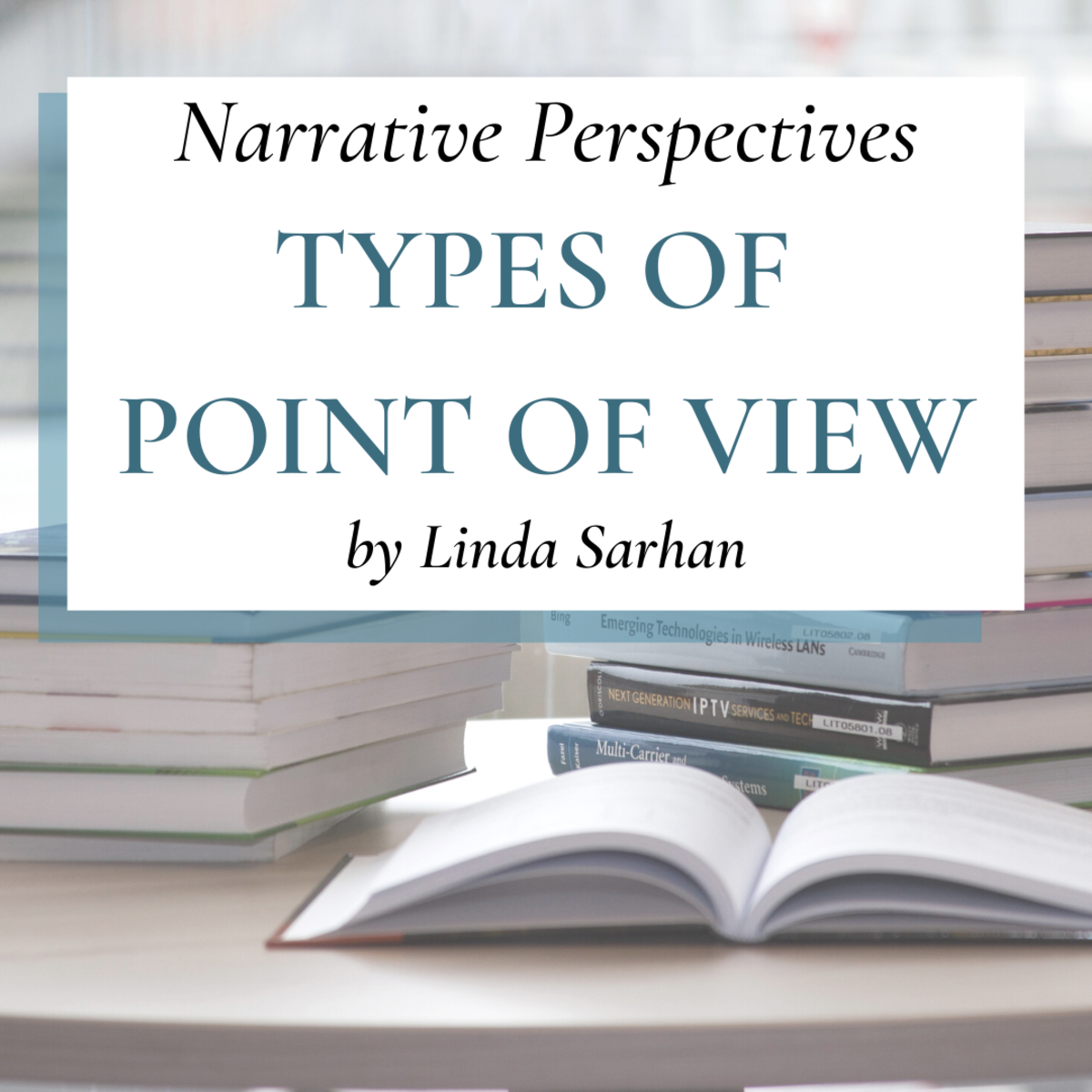The Writer's Mailbag: Installment 166
And the Beat Goes On
Labor Day Weekend . . . temperatures in the 90’s in Olympia, Washington . . . a sure sign that hell has frozen over!
When I tell you those kinds of temps, at this time of year, are unusual, take it to the bank. Sure, it’s happened before, but I can count on one hand the number of times it has happened here in sixty-eight years of me breathing. And the whole summer has been like that here. After the wettest winter ever, we now have had the warmest summer ever.
Thank God climate change is a hoax or I would be concerned. LOL
We don’t have much mail this week. Probably because of Labor Day! That works out fine, fewer people during the holiday weekend to read fewer questions.
Let’s do this!

More on Dialogue
From Tammy: “You talked about dialogue in the last mailbag, but I still struggle with it. How do you know when you have too much dialogue, or too little? Is there a magic formula so you have the right balance of dialogue, action, and narration?
Tammy, this really is a great question. I wish I had a “one size fits all” answer for you.
Hopefully, your dialogue will do three things: establish atmosphere, establish characterization, and advance the plot. Dialogue simply for the sake of dialogue is fluff and needs to be weeded out. In other words, there must be a purpose for the dialogue.
Several experts I checked with said the ratio is 50-50, narration and dialogue. I can live with that ratio, but with this caveat: it will depend solely on your story. There is no nice, neat ratio which will encompass all novels.
This is one of those things which I believe improves with time for an author. One learns almost instinctively when to add dialogue and when to leave it out.
Keep working on it; keep learning from it!

CONTRACTIONS
From Penny: “Is there a rule about using contractions in dialogue? How often can you use them? I feel like I don’t use them enough, but I just don’t know.”
That’s a first, Penny, so thank you! And yes, I used a contraction there.
For those of you from countries where English is not your native answer, contractions are slang. They are beautiful slang but they are slang nonetheless . . . they are shortened street talk . . . instead of saying “that is all” one would say “that’s all,” or instead of saying “he will rock your world” you would say “he’ll rock your world.”
Why would you use contractions in dialogue? Because I’m assuming you want your characters to sound like real people. Listen, most English-speaking people I know liberally use contractions, so your characters should do the same. Otherwise they’re going to sound like they’re giving a dissertation at Oxford, and how terribly boring would that be?
I actually do a “read through” on a novel, one entire edit, devoted entirely to contractions in dialogue. I go in and make sure I’ve used them enough so my dialogue doesn’t sound like Queen Elizabeth giving a directive to the butler.
So yes, they are important. Just listen to people talk on the street. Most of them can’t say one sentence without contractions, and you want your characters to sound like real people, right?
Right!

Metaphorical Tales
From Bruce: “What makes a good metaphorical story? Are there certain elements which must be included? I have one in mind, but I’m not sure I know how to actually write it.”
Wow, another first!
Perhaps the most famous metaphorical novel of all-time is “Animal Farm.” It’s the one that immediately came to mind for me. It is brilliantly constructed and so obviously about something other than farming that even most pre-teens can see the message in it.
But I have no doubt, despite its simplicity, it was a difficult book to write.
There are no golden rules when writing a metaphorical novel. The metaphor is good if you, as the author, like the final result. The one suggestion I would give you is to work backwards when writing a metaphorical novel. Begin with the point you want to make . . . the evil of corporations . . . the abuse of power by governments . . . the cruelty of children in school . . . and build your story around that point. Never lose sight of that central point.
Some of these central themes are easy to write around. Abuse of power is one example….take any species of animal….chickens….and you can write a story about a flock of chickens in one coop, the hierarchy within that flock…..one chicken decides to take control of the flock, start using corrupt influence on the others, and . . .
Anyway, my suggestion is to start small. Work on using metaphors within short stories first, and then graduate to an entire novel.
ATMOSPHERE
From Caylin: “How does a writer establish atmosphere, or mood, in a novel or story other than through dialogue?”
Is it my imagination or are the questions very good this week?
If you don’t set mood/establish atmosphere through dialogue then you have to do it through narration.
Pure and simple!
Now, if you want specifics, remember the five senses. We all share them. Paint a picture with your words. A dark, foreboding mood can be established by gloomy, miserable weather. The landscape can be rat-infested, the people downtrodden. Use metaphors and similes to help establish the mood/atmosphere. What does a gloomy setting look like, feel like, smell like, sound like, . . . well, you get the picture.
Word use and sentence structure will also help in establishing the mood you are looking for. Generally speaking, short, choppy sentences with short words speed up the action and give an urgency to the story. Long paragraphs, long sentences, multi-syllable words, they all tend to slow down the action and give the story/book a deliberate feel to it.
That was a quick answer to a complicated question, but I think it explains the basic point I’m trying to make. Good writing incorporates all of these things without making it seemed forced or contrived.
We’re All Done for This Week
I don’t mind a scarcity of questions when they are humdingers like we had this week.
I’m going to give you some writing homework this week. Maybe it will help you in developing characters. If not, it will still be a fun exercise for you to try.
Meet a stranger this next week without actually speaking to them. Go to a public place, like the library or a coffee shop, and observe a complete stranger. Jot down your impressions of that stranger by simply observing them . . . what do their clothes say about them? What does their body type say? What is their mood? Just randomly jot down descriptive words about that person.
And then use that person in your next story/novel.
Have fun!
One final note: I finally hit one-million views on HP. Seems like it took forever, but I’m happy it finally arrived. I have all of you to thank for it. It is humbling knowing that my words have been read so many times. I know some of you have many more views than that but still, I am very grateful and blown away by it all.
See you next week!
2017 William D. Holland (aka billybuc)
“Helping writers to spread their wings and fly.”








